IVF with Donor Eggs in Cyprus: A Top Choice
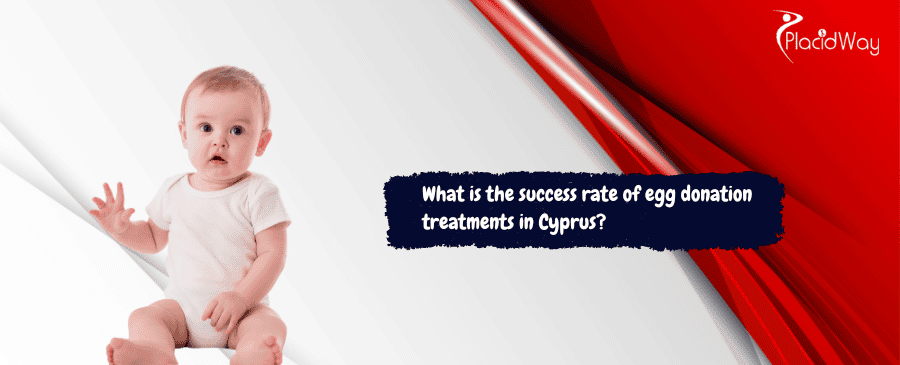
Embarking on the journey of parenthood through egg donation is a significant decision, and for many, Cyprus has become a beacon of hope. The success rate of egg donation treatments in Cyprus is notably high, often ranging from 70% to over 80% per cycle, making it a leading destination for fertility tourism. This impressive success is attributed to a combination of factors including the use of young, healthy donors, advanced medical technology, and experienced fertility specialists. Beyond the high success rates, Cyprus offers a legally secure and relatively affordable pathway to building a family.
This guide will walk you through the most pressing questions about egg donation in Cyprus, providing clear and direct answers followed by in-depth explanations. We will explore everything from the costs and legalities to the step-by-step process, ensuring you have all the information you need to make an informed decision.
What is the actual success rate of egg donation in Cyprus?
"The success rate of egg donation in Cyprus is impressively high, with many reputable clinics reporting pregnancy rates between 70% and 80% per embryo transfer."
These high success rates are a primary reason why so many international patients choose Cyprus for their fertility treatments. The success of an egg donation cycle is less dependent on the recipient's age and more on the quality of the donor eggs and the health of the recipient's uterus. Since egg donors in Cyprus are typically young (between 21 and 28 years old) and undergo rigorous health screenings, the eggs used are of optimal quality.
It's important to note that success rates can be defined in a few ways, including the rate of positive pregnancy tests, the clinical pregnancy rate (presence of a heartbeat on ultrasound), and the live birth rate. While the initial pregnancy rates are very high, the live birth rate will naturally be slightly lower. Always ask your chosen clinic for their specific live birth success rates per embryo transfer.
How much does egg donation in Cyprus cost?
"The average cost of an egg donation in Cyprus typically ranges from €4,500 to €6,000. This is significantly more affordable than in countries like the US or the UK."
This cost generally includes the donor's compensation, her medication, the egg retrieval procedure, fertilization with your partner's or a donor's sperm (ICSI), and the embryo transfer to the recipient. However, it's crucial to get a detailed cost breakdown from your clinic.
Additional costs to consider might include:
- Initial consultations and tests for the recipient.
- Recipient's medication to prepare her uterine lining.
- Freezing and storage of any remaining viable embryos.
- Travel and accommodation expenses in Cyprus.
- Screening for infectious diseases for both partners.
Some clinics offer package deals or even "guaranteed pregnancy" programs, which, although more expensive upfront, may offer multiple cycles for a fixed price.
What is the process for international patients?
"The process for international patients undergoing egg donation in Cyprus is streamlined to be as convenient as possible, typically requiring a stay of about 5 to 8 days in Cyprus."
The journey usually begins with an online or phone consultation with your chosen clinic. You will discuss your medical history and the treatment plan. The initial preparatory phase, which involves taking medication to prepare your uterine lining, can often be done in your home country with monitoring from a local doctor.
Once your uterine lining is ready and your chosen donor's eggs have been retrieved and fertilized, you will travel to Cyprus for the embryo transfer. The procedure itself is quick and relatively painless. After the transfer, many patients choose to rest for a day or two before flying home.
How are egg donors selected in Cyprus?
"Egg donors in Cyprus are selected based on strict criteria, including being between the ages of 21 and 28, having excellent physical and mental health, and undergoing comprehensive genetic and infectious disease screening."
The selection process is designed to ensure the highest quality of eggs and the safety of the resulting pregnancy. Donors are typically anonymous, and clinics in Cyprus have extensive databases of pre-screened donors from various ethnic backgrounds, allowing for a close physical match with the recipient.
You will usually be able to specify your desired characteristics for a donor, such as:
- Physical traits (hair color, eye color, height)
- Ethnicity
- Educational background
- Blood type
The clinic's coordinators will then propose a suitable donor match for your approval.
Is egg donation in Cyprus anonymous and legal?
"Yes, egg donation in Cyprus is completely anonymous and regulated by law. The identities of the donor and the recipient are kept strictly confidential."
Cypriot law protects the anonymity of both the egg donor and the recipient family. This means the child born from egg donation will not be able to learn the identity of the donor, and the donor will not know the outcome of their donation. This legal framework provides peace of mind for all parties involved.
Is there an age limit for recipients of egg donation?
"While there is no strict legal upper age limit for female recipients in North Cyprus, most reputable clinics set their own age limit, which is often around 55 years old."
The primary consideration for a recipient's age is her overall health and her ability to carry a pregnancy to term without significant risks to herself or the baby. A thorough medical evaluation is required for all recipients, and women over 45 may need additional cardiac and health clearances to ensure they are fit for pregnancy.
What are the differences between fresh and frozen donor eggs?
"In Cyprus, both fresh and frozen donor eggs are available, with success rates for both being very high and comparable. The choice often comes down to logistics and timing."
- Fresh Egg Donation: This involves synchronizing the recipient's cycle with the donor's cycle. The eggs are retrieved from the donor, fertilized, and the resulting fresh embryos are transferred to the recipient a few days later. This has historically been considered the "gold standard," but requires more coordination.
- Frozen Egg Donation: This uses eggs that were previously retrieved from a donor and cryopreserved (frozen). This offers more flexibility for the recipient as the cycle does not need to be synchronized with a donor. The success rates with vitrification (the modern freezing technique) are now almost identical to those with fresh eggs.
Are there waiting lists for egg donation in Cyprus?
"No, one of the significant advantages of seeking egg donation treatment in Cyprus is that there are generally no waiting lists."
Due to the large and diverse pool of willing egg donors, clinics in Cyprus can typically match a recipient with a suitable donor very quickly. This allows patients to start their treatment journey without the lengthy delays often experienced in other countries.
What should I expect after the embryo transfer?
"After the embryo transfer, you will be advised to rest for a short period at the clinic. You can usually travel home the next day. The 'two-week wait' follows, which is the period before you can take a pregnancy test."
During these two weeks, you will continue to take prescribed medications (usually progesterone) to support the uterine lining and a potential pregnancy. It is generally recommended to avoid strenuous activities during this time. Many clinics offer support and are available to answer any questions you may have during this waiting period.
Can I choose the gender of my baby?
"Yes, in North Cyprus, gender selection for family balancing is legally permitted. This is often done through Preimplantation Genetic Diagnosis (PGD)."
If you opt for gender selection, the embryos will be genetically tested before the transfer to determine their sex. This allows you to choose to transfer embryos of a specific gender. This is a common practice for families who wish to have a child of a particular sex to balance their family.
What are "guaranteed egg donation" programs?
"Some clinics in Cyprus offer 'guaranteed pregnancy' or 'money-back guarantee' programs for egg donation. These programs typically include a set number of cycles for a fixed price and offer a partial or full refund if a live birth is not achieved."
These programs can provide financial peace of mind, as they mitigate the risk of paying for multiple unsuccessful cycles. The eligibility criteria for these programs are usually quite strict and will require a thorough assessment of both the female recipient and the male partner's health.
What medical tests are required before treatment?
"Before starting an egg donation cycle, the female recipient will need blood tests (for hormones and infectious diseases) and a uterine evaluation (usually an ultrasound or HSG). The male partner will need a semen analysis and infectious disease screening."
These preliminary tests are essential to ensure that there are no underlying issues that could affect the success of the treatment and to ensure the health of the future pregnancy. Most of these tests can be completed in your home country before you travel to Cyprus.
Ready to explore your options for egg donation in Cyprus? PlacidWay can connect you with leading fertility clinics and provide you with personalized, no-obligation quotes. Take the next step on your path to parenthood today!




.png)




.png)
.png)
.png)
.png)
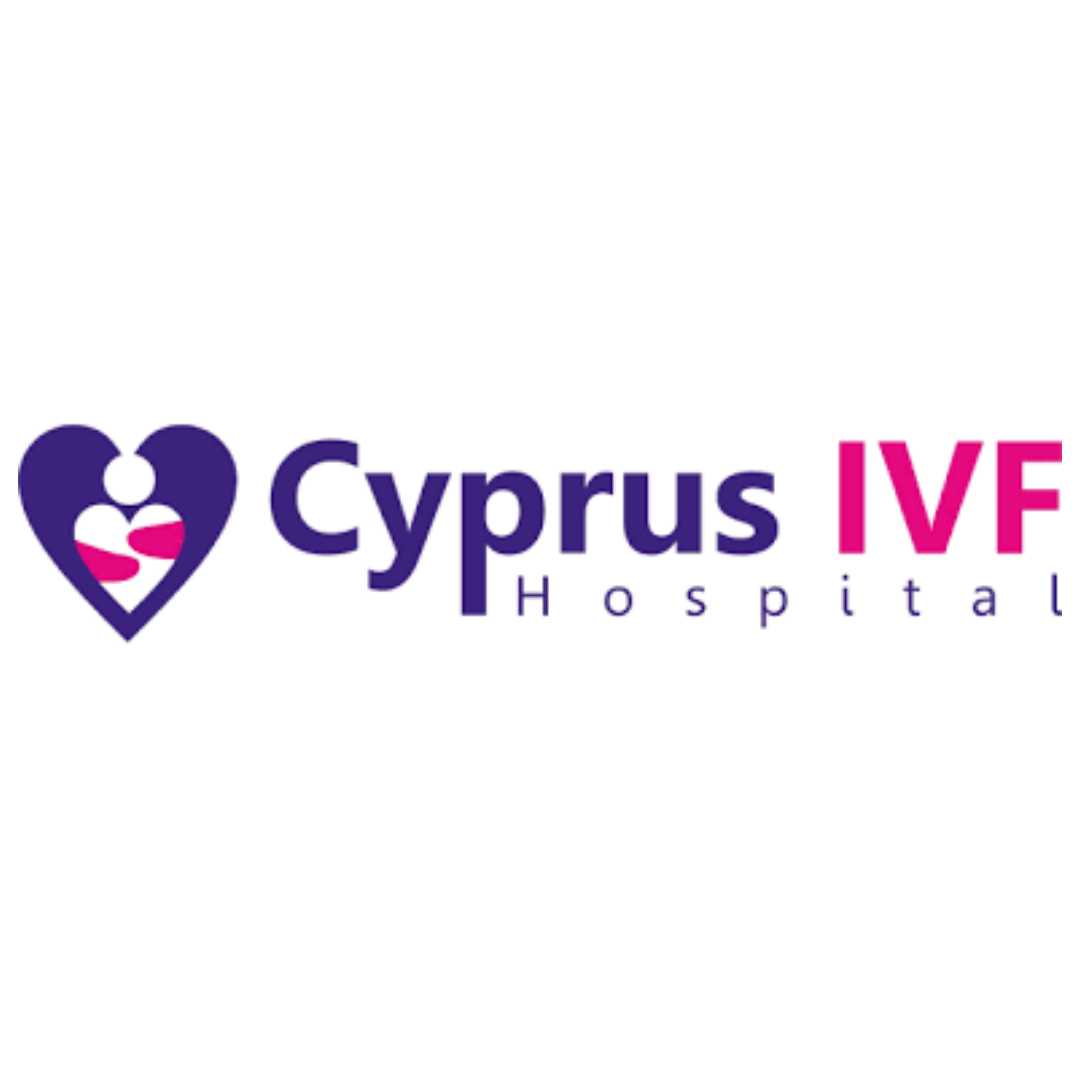
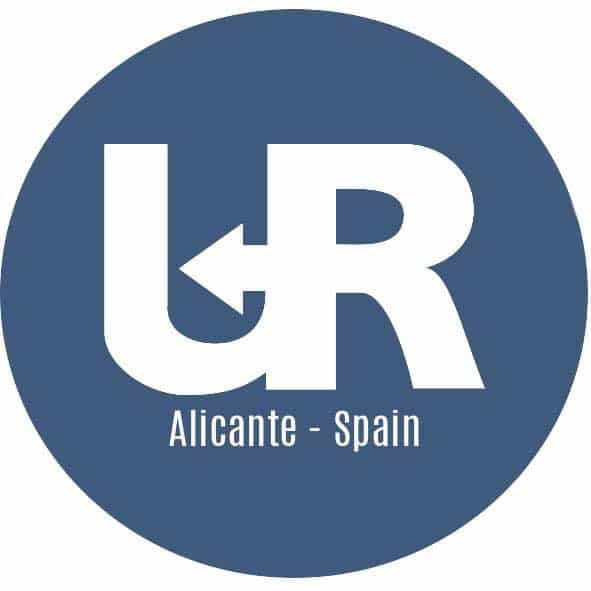

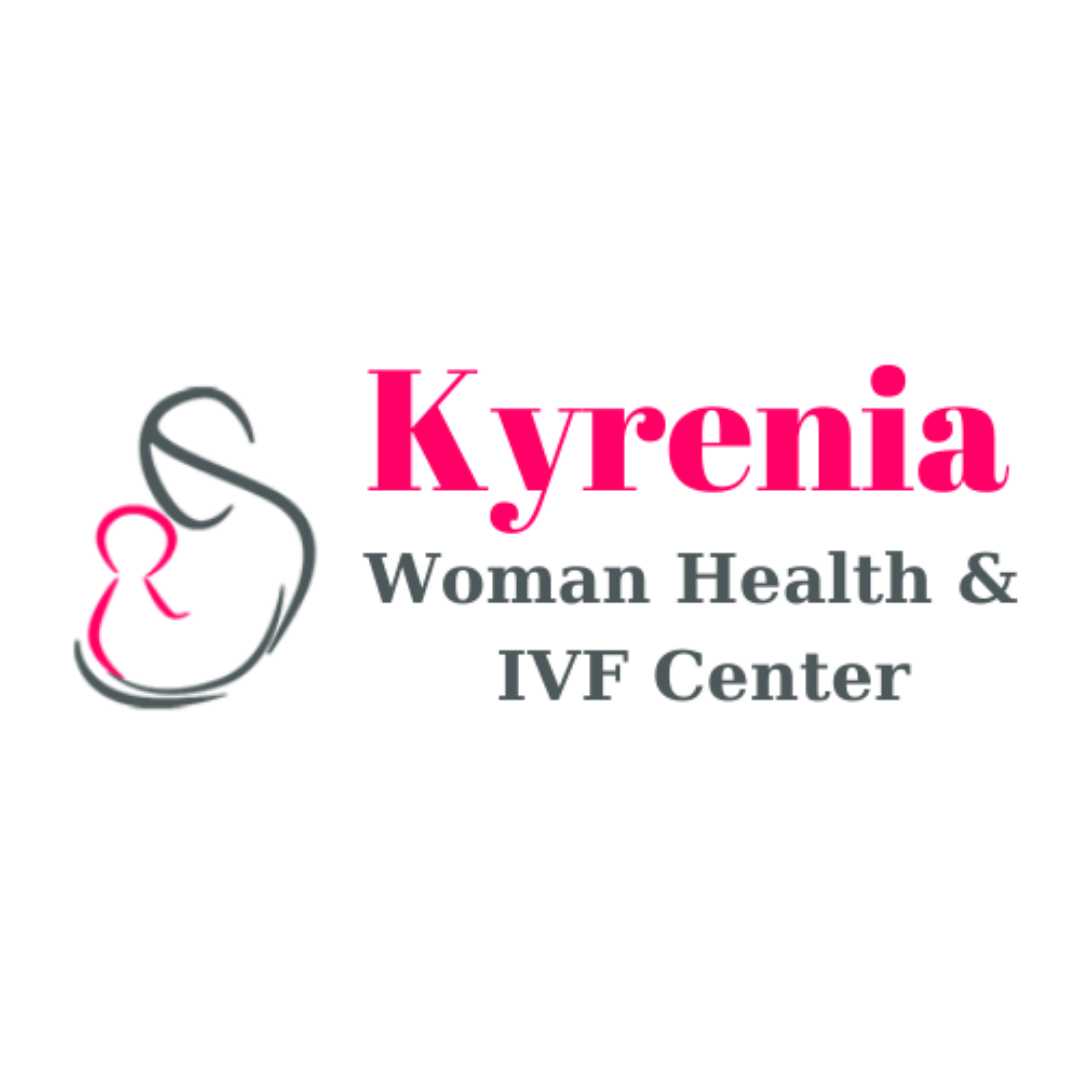
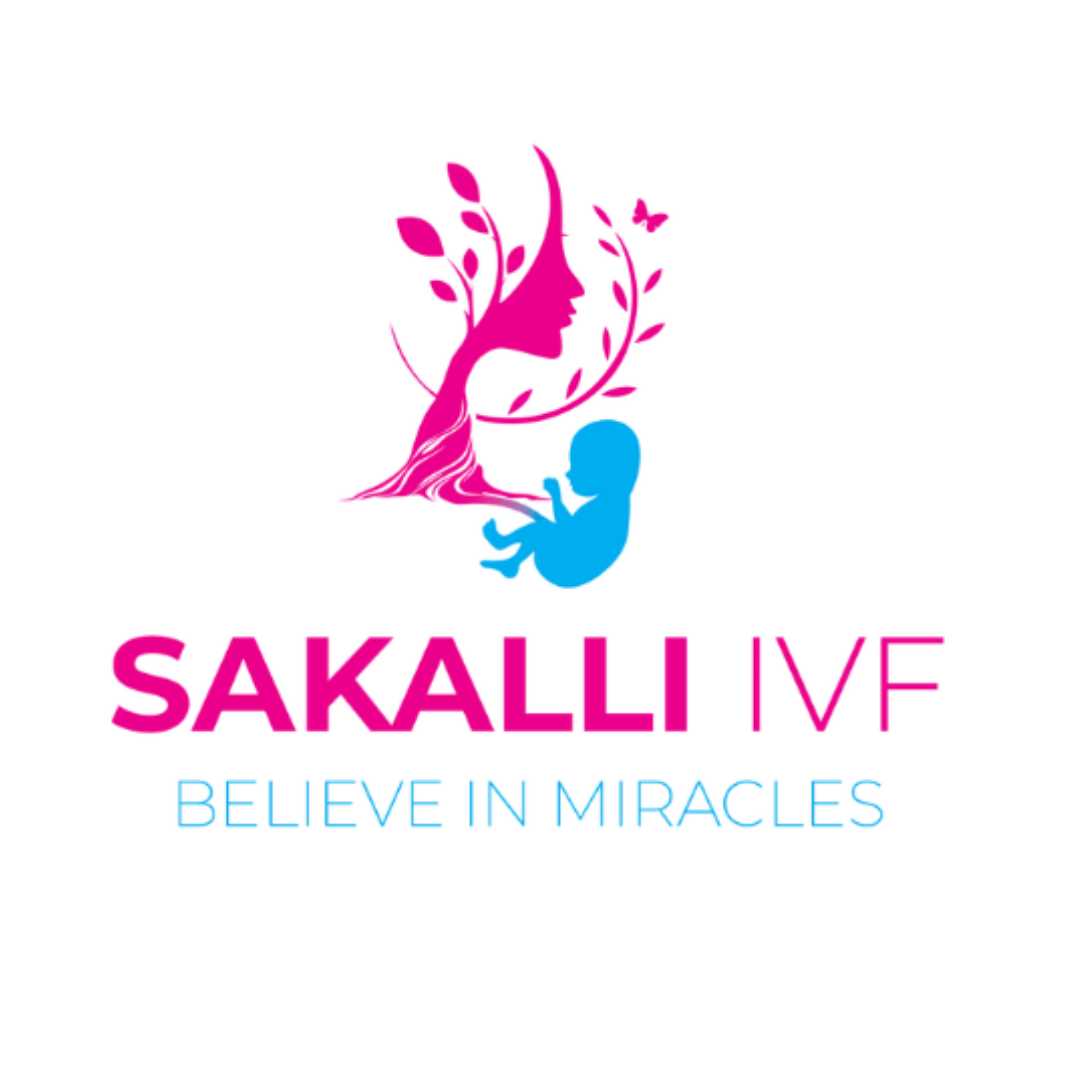

Share this listing